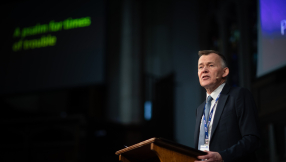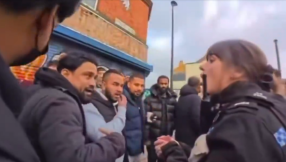
A new study has found that poor communities are being hardest hit by church closures.
The study by Church Action on Poverty (CAP) examined the rate of church closures in Greater Manchester over a 10-year period.
Researchers at the charity mapped closures among Church of England, Roman Catholic, Methodist, Baptist and United Reformed churches across the city in relation to indices of deprivation.
"Significantly more" churches were found to have closed in low-income areas than deprived areas. Only the United Reformed Church closed more churches in affluent areas.
Declining attendance, maintenance costs, and a lack of clergy were some of the reasons cited for the closures.
However, CAP said that these reasons "do not explain the imbalance between areas".
The findings have prompted calls from the charity for a "radical review of priorities" to be undertaken by the denominations.
Niall Cooper, director of Church Action on Poverty, says: "Churches, at their best, are thriving hubs at the heart of their communities – open and inclusive to all believers and everyone else.
"Churches at their best connect with and support the local area through local collaborations, shared spaces and resources, and genuine community.
"This new research shows that low-income communities are being disproportionately affected by church closures, and that has ramifications for Christians and entire neighbourhoods - but if national church leaders reinvest instead of retreating, then churches can help whole communities to thrive and build better futures."
He added, "We call on other denominations to make substantial long-term resource commitments to churches and communities on the margins, as the Gospel priority for the church over the next decade."













